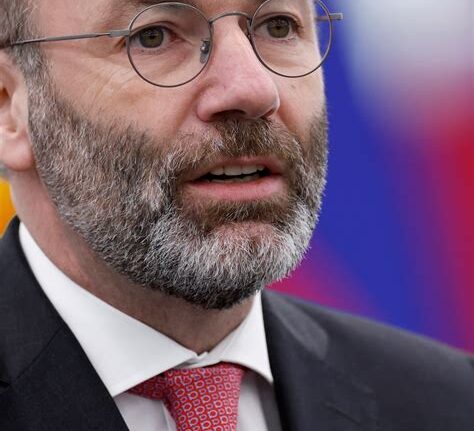A groundbreaking new law in the European Union is set to revolutionize the way restaurants and fashion brands operate, with a laser focus on reducing waste. The EU aims to tackle the excessive consumption of food and fast fashion by imposing strict regulations that will compel businesses to rethink their production and disposal practices.
“EU first region globally to enforce binding food waste targets.”
Under this innovative legislation, member countries within the EU will be mandated to achieve significant reductions in food waste by specific target years. The law stipulates a 10% reduction in food waste within the processing and manufacturing sector by 2030, as well as an ambitious 30% decrease in waste across retail, restaurants, and households compared to baseline levels from 2021-2023.
“Fashion brands face fees for product processing once discarded.”
Furthermore, fashion companies are not exempt from these stringent measures. They will now be required to pay a fee for the processing of their products once they reach the end of their lifecycle. This move aims to hold clothing brands accountable for the environmental impact of their goods even after they are no longer wearable or sellable.
The staggering statistics paint a grim picture of our current wasteful habits. Each year, the EU discards approximately 59 million metric tons of food – an average of about 132 kilograms per person. This wastage not only contributes significantly to environmental degradation but also results in a staggering financial loss exceeding €130 billion.
Similarly, textile waste poses a significant challenge, with the EU generating around 12.6 million tons annually. A considerable portion of this textile waste ends up being dumped into landfills both within Europe and abroad. The extended producer responsibility schemes introduced under this new law aim not only to manage this escalating issue but also incentivize sustainable fabric design practices among manufacturers.
Expert Insights:
Industry experts have expressed mixed reactions to these regulatory changes. While some believe it will level the playing field and curb excessive waste generation from fast fashion brands, others raise concerns about potential challenges arising from varying regulatory frameworks across different EU countries.
Commissioner Jessika Roswall emphasizes that member states will play a pivotal role in adjusting fees according to market dynamics while ensuring harmonization across regions. This flexibility is seen as crucial in preventing distortions within the internal market while promoting sustainability goals effectively.
Despite its ambitious goals, there have been criticisms surrounding the strength of the final agreement reached between EU institutions during negotiations. Some stakeholders argue that more aggressive reduction targets were needed to align with global objectives aimed at halving food loss by 2030.
Fynn Hauschke from the European Environment Bureau highlights that failing to set higher targets undermines efforts towards reducing greenhouse gas emissions and jeopardizes food security and biodiversity preservation – critical factors in combating climate change effectively.
While there were initial calls for mandatory excess food donations and stricter regulations on primary production levels during negotiations, these proposals did not make it into the final agreement due to resistance primarily from certain member countries within the Council citing feasibility concerns over short time frames.
As this transformative legislation moves closer towards adoption as official EU law pending endorsement by all member countries and parliamentary approval, stakeholders remain cautiously optimistic yet vigilant about closely examining its implications.









Leave feedback about this